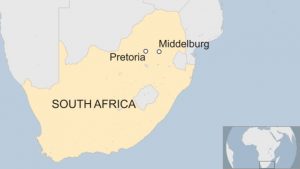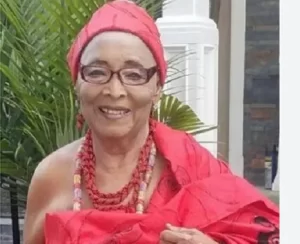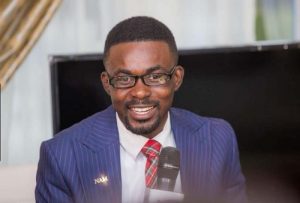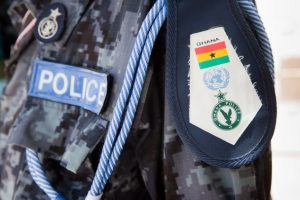The Director of the Ambulance Service, Dr. Ahmed Zakaria, has indicated that concerns over fuel money for an ambulance were a major cause of the delay that led to the death of a woman in need of medical attention in Takoradi following the delivery of her baby.
Dr. Ahmed Zakaria, appearing before the health committee probing the death, confirmed most of the details that had come out from the Western Region Ambulance Service.
The woman, Augustina Awortwe, was being transported from Fijai in Takoradi to the Korle Bu Teaching Hospital in Accra on January 4, following complications after a Caesarean section.
The Western Region Ambulance Service had said its personnel were delayed because they had to return to the clinic in Fijai to pick up the woman’s baby, who had been left behind.
Dr. Zakaria however contradicted Western Region Ambulance Service on its reasons for returning to the hospital, noting that they were worried about the fuel situation.
“The major motivation for them returning to the hospital was the fact that the amount they had obviously would have left them stranded on the way because they didn’t have enough fuel,” Dr. Zakaria said to the committee.
The Ambulance Service director’s testimony also aligns with that of the deceased’s family.
According to the family of the deceased, the delay was occasioned by their inability to readily come up with the sum of GH¢600, to cover the cost of fuel for the ambulance.
The family eventually paid GH¢50, while the clinic paid GH¢550.
Dr. Zakaria however stressed that the baby left behind was also a matter of concern.
“Indeed, the call really did go to the dispatch centre, informing them that the child had been left behind.”
Explaining why there was no internal probe into the matter, Dr. Zakaria added that “because we don’t want to be playing referee, we normally don’t take up these investigations unilaterally.”







